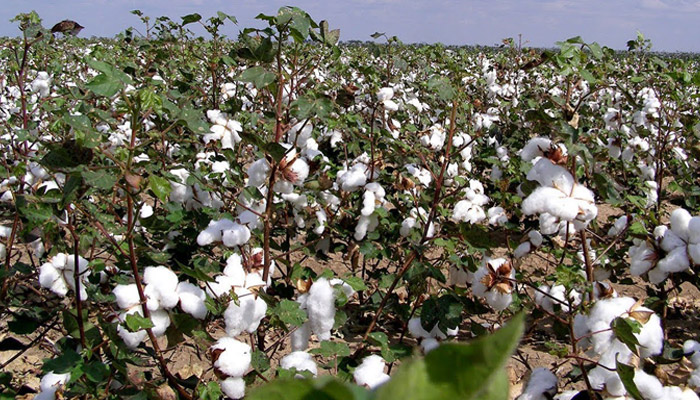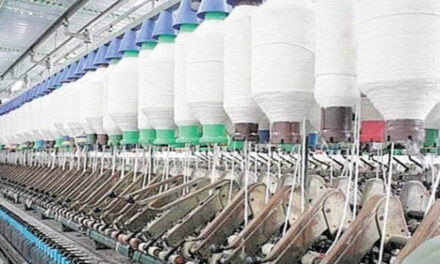A draft notification issued by the Union Textile Ministry that aims at adhering to the quality standards mandated by the norms of Bureau of Indian Standards (BIS) for cotton bales. This move is slated to enable Indian cotton fetch better prices in all future transactions and benefit the cotton farming community across the country.
The notification from the Union Ministry mandates the cotton bales to conform to IS 12171:20133 Mark. Further it requires to be licensed by the Bureau of Indian Standards. The licensing procedure subscribes to Scheme-II of Schedule II of BIS Conformity Assessment Regulations, 2018.
Cotton bales that are meant for export and conform to specifications mandated by foreign buyers will not be covered under the notification. The BIS will play the role of a certifying and enforcing authority to ensure adherence to quality norms. They will work in collaboration with officers from the District Industries Centre under the department of industries, who are not below the rank of General Manager for the authorization.
The notification also specified attraction of penal action for persons who violate the provisions of the BIS norms put in place by an Act that was framed in 2016. Reactions coming in from AtulGanatra, President of Cotton Association of India, welcomed the notification stating that it would go a long way in serving the Prime Minister’s vision on doubling farm incomes in India.
Currently, cotton from India is subjected to 10-15 percent discounting in the global markets owing to serious quality issues that occur in the ginning, processing and labeling stages. It is estimated that in all 18 types of contaminations get injected into Indian cotton. This also adversely impacts the fortunes of the spinning mills.
The key to resolving this issue would be to sort things out at the ginning stage. This way, spinning mills will find it acceptable to pay a higher price. Enforcement of quality standards may not immediately result in Indian cotton being treated on par with international prices. However, it will help fetch higher prices and result in gains for farmers.


















